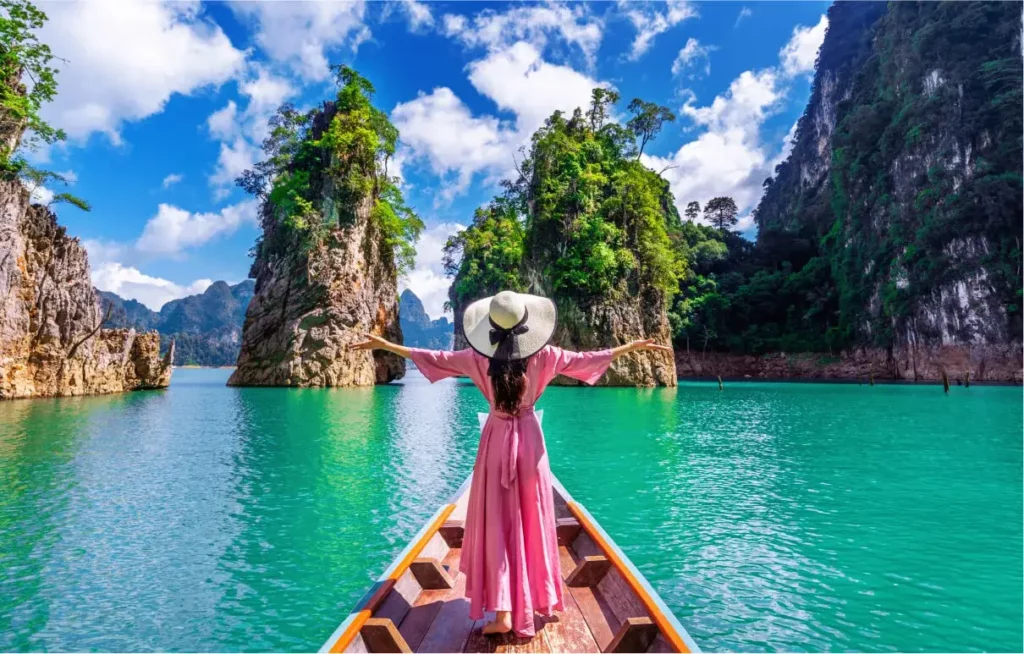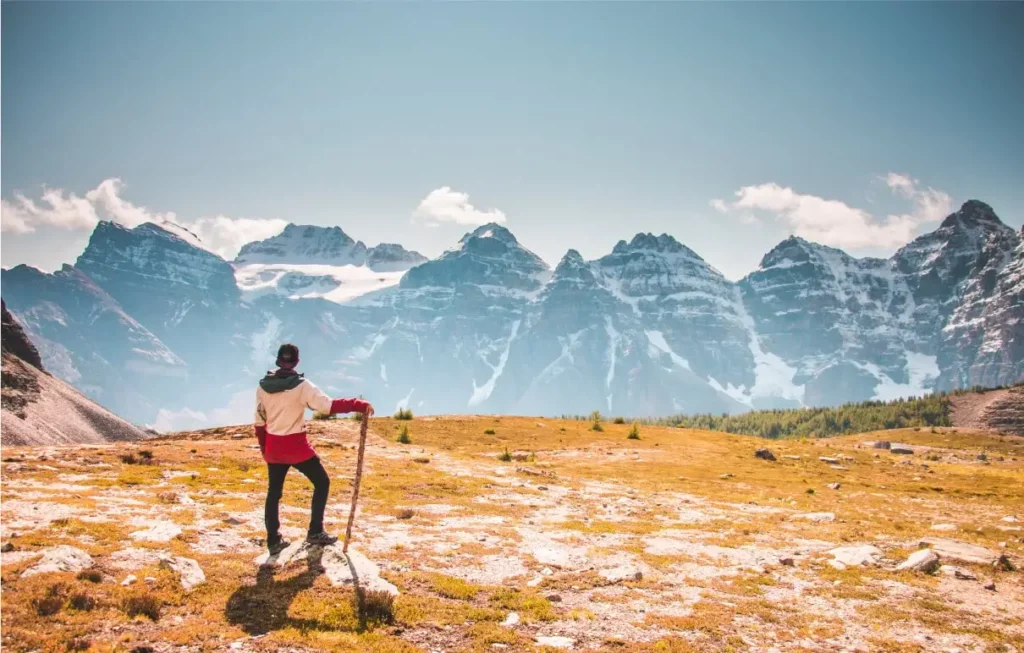Welcome to Masaka
Masaka was Uganda’s second biggest town for a long time, today this status has changed as it was largely destroyed in the liberation war of 1979 and again in the 1981-1986 civil war which removed Obote 2 from power.
Nestled in the lush landscapes of Uganda, Masaka is a captivating blend of tradition and modernity. This vibrant city, located in the central region, is a gateway to the rich cultural heritage and natural beauty that Uganda has to offer.
Masaka is known for its friendly locals, bustling markets, and serene environment, making it a perfect destination for those looking to experience the authentic Ugandan lifestyle.
Masaka’s history is deeply intertwined with the Kingdom of Buganda, and visitors can explore this rich cultural tapestry through various historical sites and local traditions. The city is also a hub for agricultural activities, with expansive banana plantations and coffee farms dotting the landscape.
A visit to one of these farms offers a unique insight into the agricultural practices that sustain the local economy. Nature enthusiasts will find plenty to explore in and around Masaka.
From the scenic Nabugabo Sand Beach to the impressive Ssezibwa Falls, the region boasts a variety of natural attractions.
Wildlife lovers can embark on a safari to nearby national parks or enjoy bird-watching in the lush surroundings.
Whether you’re seeking adventure or relaxation, Masaka provides a serene escape with plenty of opportunities for exploration and discovery.
So Masaka District is one of the districts in Uganda, which has suffered the terror of bad governance, epidemics and total collapse of the service delivery system.
This bad situation resulted in bringing down Masaka to her knees both socially and economically between 1971 and 1986.
The former local administration structures were all destroyed and a few which remained, were dilapidated.
The Origin of Masaka
The origin of Masaka is not very clear, but the local traditions have two views on how Masaka got its name:
1. The Local traditions say, “that there were big shrubs which were found in the area commonly known as a masaka”.
So from that they named the area as Masaka.
2. Others say, “that Long ago there was a famine in Ankole and so the Ankole people migrated from their home land looking for food, when they reached in this area, they found millet, which in their language called Omugusha”.
So according to the presence of Millet or Omugisha as it was commonly known by the Ankole people, when they reached in the area they started asking for Omugusha (millet) to eat.
But the people who were in this area were Baganda and they would not pronounce the word as the Ankole people, so they called it Masaka and that was the beginning of the word hence naming that word to the area.
During the colonial period Uganda was split into administrive districts and Masaka was one of them. The district has a rich cultural heritage.
It has also a diversity of ethnicities of about 40 ethnic groups though the majority of the people are Baganda followed by the Banyankole, Banyarwanda and Banyoro.
But most of the tribes practice Buganda culture. The main language spoken is Luganda and the staple food of the area is Matooke.
The major economic activities in Masaka include food crop agriculture for example matooke, sweetpotatoes, pineapples, and tomatoes. Cash crop agriculture including coffee and cotton, Animal Ranching consisting of cattle, goats, pigs and chicken.
Further more there is also fishing on Lake Victoria and fishing farming. Some people earn a living in small scale industries like Coffee processing, manufacture of soft drinks, metal fabrication/welding and Retail trade.
Attractions in Masaka District
Uganda is land locked country that is made up of districts, Kampala being its major district and capital city.
But this means not that there are other well recognized districts in the country and the other majorly recognized district is masaka district.
Masaka is one of the most talked about district in the whole of Uganda because of its lovely history and fascinating stories.
Masaka District was established in the 1900s, composed of the Buganda Kingdom’s former counties of Buddu, Kooki, Kabula, Mawogola, and Ssese Islands. Kooki and Kabula were peeled off to form Rakai District.
Later, the northern part of Rakai District was removed to form Lyantonde District. The Ssese Islands were removed to form Kalangala District. In 1997, Mawogola County was split from Buddu and was named Sembabule District.
Buddu remained as Masaka District. In 2010, Buddu itself was split into four districts, namely Masaka District, Bukomansimbi District, Kalungu District, and Lwengo District.
Administratively, the district council is the highest political authority. The council has 43 members headed by a district chairperson; therefore masaka would be your other number one Uganda safari destination in your entire African safari in Uganda,
masaka has got fascinating attractions within it and what will take your sight on you first entry will the lovely vegetation’s surrounding the area and the rest will follow as u get a lovely nature walk in the district and some of them are these below.
Lake Nabugabo Holiday and Conference Centre
The Centre is situated at the shores of Lake Nabugabo in Masaka district, about 21 kilometers from Masaka town.
The estate was originally sponsored by missionaries and later handed over to the Church of Uganda for use as a holiday resort and conference Centre.
There are a number of activities carried out and these include; canoeing, Sport Fishing and recreation on the sand beaches, Bird watching, swimming and camping. Besides camping they also have holiday resort accommodation facilities.
Sand Beach Nabugabo
This is positioned about 23 kilometers from Masaka town, at the shores of Lake Nabugabo. It is popular for annual canoeing competitions.
It is also popular for motor rallying events, fishing, and camping, beautiful bandas/cottages. Other activities include recreational activities like beach volleyball and beach football. It is an excellent place for family outings.
Bird watching is one of the activities that were recently launched and this is done either around the lake area on the side of the beach. One can also take a canoe to an Island in the lake or on the other side of the lake across the beach.
The Sand Beach, like Lake Nabugabo Resort, also offers chance for development of water sports on Lake Nabugabo.
Agro-Tourism
This activity has significant potential in the District, as a tourist attraction. Its market ranges from domestic to international tourism.
The products include experiences regarding improved banana growing methods, cattle zero-grazing and other forms of sustainable agriculture.
Community Tourism
Community tourism opportunities available in Masaka District include community trail walks, market visits and short-stays with communities.
The gentle hilly terrain coupled with green cover offer good opportunity for nature walk.
Cultural Performances
The district is home to rich Ganda cultural performances. Already, many organized groups commercially conduct performances.
Cultural performances, including storytelling, may be developed to enhance the menu of the over-night tourist package.
Bukakata Landing Site
This area is the tourist gateway to the tourist hub of Kalangala and areas of Lake Victoria. Development of tourist related service infrastructure such as crafts shops and lodges would enhance tourism activity within Masaka District.
Crafts and Souvenirs Industry
There were no dedicated crafts/souvenirs shops found in Masaka district during the Survey.
However, Masaka district is endowed with a number of wetlands whose materials can be utilized for production of crafts for domestic market and export.
Some tree plants, commonly grown in the district, such as the banana and back-cloth trees, provide raw materials that can be used by the crafts industry.
Training is required in simple crafts that are convenient to carry as souvenirs to build capacity for the Crafts and Souvenirs Industry.
Meetings with the district officials indicated plans to provide for a crafts and souvenirs shopping Centre at the Kampala – Masaka – Mbarara junction.
Geography of Masaka
Topography
The District has a total area of about 1,023.7 sq. kms. The landscape and topography in general is rolling and falling with valley bottom swamps including streams flowing to swamps.
Most parts of the District are dotted with bear hills. Soils: The soil texture varies from place to place ranging from red literate, sandy loam and loam and productive.
Climate of Masaka District
The Climate of Masaka District is tropical in nature, being modified by relief and nearness to Lake Victoria. The rainfall pattern is bimodal having two seasons with dry spells between July and August, and January to March.
The months of March, April and May receive very heavy and well-distributed rains of up to 1,200mm. The second season occurs in the months of September to December.
With the exception of a few years of declining trend in precipitation, the annual average rainfall received is between 1100mm – 1200mm with 100 – 110 rainy days.
The average maximum temperature does not exceed 300 C and the minimum not below 100 C with almost equal length of day and night throughout the year.
The humidity level is generally low throughout the district with the exception of lakeshore areas where it tends to rise. Hence your packing choice should consist of some heavy clothes in this month of September.
Minerals in Masaka
There are a number of stone quarries, Kaolin and clay and sand deposits that are used for construction purposes and there has been no major geological studies have been carried out in the District to determine presence of minerals.
Therefore, Geological studies need to be carried out to determine the presence of minerals.
Where to Stay in Masaka
The sector had 55 accommodation establishments with a total capacity of 953 beds. The sector employed 267 people.
The main accommodation establishments in the district were: Hotel Lanova, Lastone Hotel, Nabugabo Holiday/Conference Resort and Nabugabo Sand Beach.
All these and lots more are all for you to sight on your Uganda safari to masaka district.
Masaka district has got both budget and luxurious lodging facilities for you to choose from which one you would prefer to rest in and all these facilities have tight security to keep you protected all throughout the trip.
How to access masaka district
The quickest way to get from Kampala to Masaka is to drive and takes 1h 43m. There a direct buses between Kampala and Masaka, departing from Kampala and arriving at Masaka. But still one can choose to go through a well trusted Uganda safari in order to avoid all the stress on the road.






Land of the Tswana
There are so many places that you can visit in Botswana but there are some other attractions that stand out more than others and are worth visiting during Botswana Safari. These make the list of the top Tourist Attractions In Botswana.
There are many tours that you can do in Botswana and the most common is the overland tour, where you can drive around to most parts of the country in an overland truck. Most common tours include a Botswana Wildlife Safari, Victoria Falls and Chobe National Park package, Desert tracking, Premium safaris and 5 to 10 day safaris.
-
- Exploring ancient ruins, historical landmar.
-
- Immersive cultural experiences, local.
-
- Hiking, trekking, extreme sports, and out.
-
- A romantic destination like Paris, Venice.
-
- Kid-friendly activities, theme parks family.
-
- Premium accommodations, gourmet.








